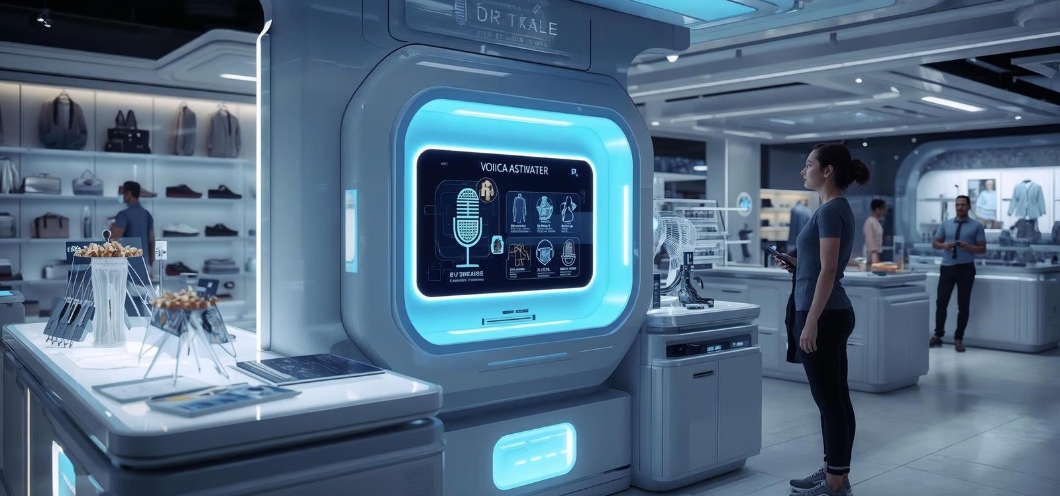- Ishani Mohanty
- 1001
The combination of AI and automation has become a revolutionary force in today’s quickly changing retail environment, transforming conventional shopping experiences. Retailers can now use massive volumes of data to acquire concrete knowledge of customer behavior, preferences, and trends, appreciating the advancement of AI technologies like deep learning, machine learning, and speech recognition.
For merchants hoping to stay ahead of the curve in this ever-changing market, the effective integration of AI and automation is not just an edge but also a need. Retailers may meet evolving customer expectations, reduce operational difficulties, and seize fresh chances for innovation and expansion by using these innovations.
Improvement of the Buyer Experience
In retail operations, AI and automation are essential for improving consumer engagement through specificity, controlling inventory, assistive technology, machine learning, smooth checkout, and product recommendations.
Retailers may now offer smooth tailored experiences that increase consumer happiness and allegiance appreciating automation and AI.
Optimizing the Supply Chain and Managing Inventories
Automation and AI are essential to inventory control and supply chain optimization;
1. Prediction Requirement
2. Inventory Management
3. Adjustable Prices
4. Integrity of the Distribution Network
5. Pathway Enhancement
6. Particularized Suggestions
7. Breach Identification
In the fiercely competitive retail sector, AI and automation help businesses increase their productivity and revenue by optimizing procedures, boosting performance, and improving consumer experiences.
Streamlining Operations and Cutting Expenses
Retailers can improve inventory control, predict consumption more precisely, and customize consumer experiences with AI-driven data. Order fulfilment, material measurement, and customer support are examples of repetitive processes that automation automates and frees up human resources for higher-value work. Chatbots and virtual assistants driven by AI enhance customer service while cutting expenses. Companies may increase operational efficiency, reduce faults, and maintain competitiveness in the quickly changing retail market by integrating AI and automation.
Data-driven Decision-Making
Large-scale data can be analyzed by data-driven decision-making AI algorithms to find patterns, forecast consumer behavior, operate inventories more effectively, tailor marketing campaigns, and improve the general customer experience. Systems including inventory replenishment, supply chain management, pricing optimization, and customer service are further streamlined by computerization, which increases retailers’ productivity and profitability. Retailers can increase operational effectiveness, make better decisions, and maintain their competitiveness in the quickly changing retail market by utilizing AI and digitization.
Harmonious Multichannel Knowledge
Retailers may understand customer preferences and habits by collecting and analyzing data from multiple touchpoints using AI-powered solutions. Interactions beyond avenues are streamlined by computerization, which makes it possible for effective administration of inventory, targeted marketing, and quick customer support. By maximizing profitability and fostering customer pleasure and dedication, this integration improves the whole browsing experience.
Conclusion
Retailers hoping to remain relevant and prosper in modern times must embrace these technologies; it is not just a matter of choice. AI’s revolutionary effects on the retail sector will further deepen as technology develops, completely changing how companies run and engage with their clientele.
Tags:
Customer ExperienceRetail TrendsAuthor - Ishani Mohanty
She is a certified research scholar with a Master's Degree in English Literature and Foreign Languages, specialized in American Literature; well trained with strong research skills, having a perfect grip on writing Anaphoras on social media. She is a strong, self dependent, and highly ambitious individual. She is eager to apply her skills and creativity for an engaging content.
Popular Post





